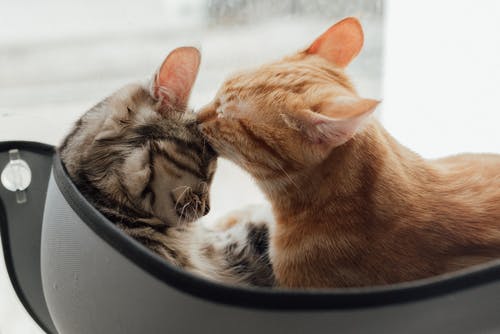When our beloved furry friends undergo surgery, it’s only natural for us to want them to recover as quickly and comfortably as possible. In integrative veterinary medicine, various techniques and approaches can aid recovery.
From diagnostic labs for animals to animal hospitals and even vet integrative medicine for cats and dogs, numerous resources are available to ensure our pets receive the best possible care.
What Are the Most Effective Recovery Techniques in Integrative Veterinary Medicine?
Here are some essential techniques that can contribute to the successful recovery of our pets:
Physical Rehabilitation
Just like humans, animals can benefit greatly from physical rehabilitation after surgery. Therapeutic exercises, including gentle stretching and controlled movements, help restore mobility and strength. Veterinary professionals at a diagnostic lab for animals can create customized rehabilitation programs for pets based on their specific needs.
Acupuncture
Acupuncture, an ancient practice from traditional Chinese medicine, has gained recognition as a valuable technique in veterinary care. This non-invasive procedure involves inserting thin needles into specific points on the body to stimulate healing and reduce pain. Veterinary facilities like an animal hospital in Crystal Lake and other veterinary clinics offer acupuncture as part of their integrative medicine services.
Herbal Medicine
Incorporating herbal medicine into the recovery process can provide natural support for our pets. Professionals with expertise in vet integrative medicine for cats and dogs may prescribe herbal remedies to manage pain, reduce inflammation, and promote overall healing. Such approaches can complement traditional treatments and enhance the recovery experience.
Nutritional Therapy
Proper nutrition plays a vital role in the healing process. Nutritional therapy focuses on providing pets with a balanced diet that supports their recovery, optimizes healing, and boosts overall well-being. Integrative veterinarians, such as those specializing in vet integrative medicine for cats and dogs, can recommend specific dietary plans and supplements tailored to each pet’s unique needs.
Physical Modalities
Physical modalities encompass a range of non-invasive treatments that enhance comfort and relieve pain. These techniques include therapeutic ultrasound, laser therapy, and electromagnetic field therapy. By employing these modalities, veterinary professionals can target specific areas of concern, improve circulation, reduce inflammation, and facilitate healing.
Rehabilitation Aids and Assistive Devices
During the recovery phase, our pets may require additional support and assistance. Rehabilitation aids and assistive devices, such as braces, wheelchairs, and orthopedic supports, can help pets regain their independence and mobility. Veterinarians and rehabilitation specialists can assess each animal’s needs and recommend the most appropriate aids for their recovery.
Alongside the physical needs, emotional support and comforts like a warm, comfortable bed or favorite toys can help soothe a pet during its recovery period. Regular follow-up appointments will also ensure any necessary adjustments or treatments are promptly addressed for the pet’s swift and smooth recovery.
Final Thoughts
When it comes to the recovery process after surgery, integrating various techniques from diagnostic labs for animals, animal hospitals, and vet integrative medicine for cats and dogs can significantly contribute to the well-being and overall recovery of our beloved pets. It’s crucial to consult with experienced veterinary professionals who specialize in integrative medicine to develop a comprehensive and personalized recovery plan.
By incorporating a combination of physical rehabilitation, acupuncture, herbal medicine, nutritional therapy, physical modalities, and rehabilitation aids, we can help our furry friends recover with comfort, ease, and enhanced well-being.

